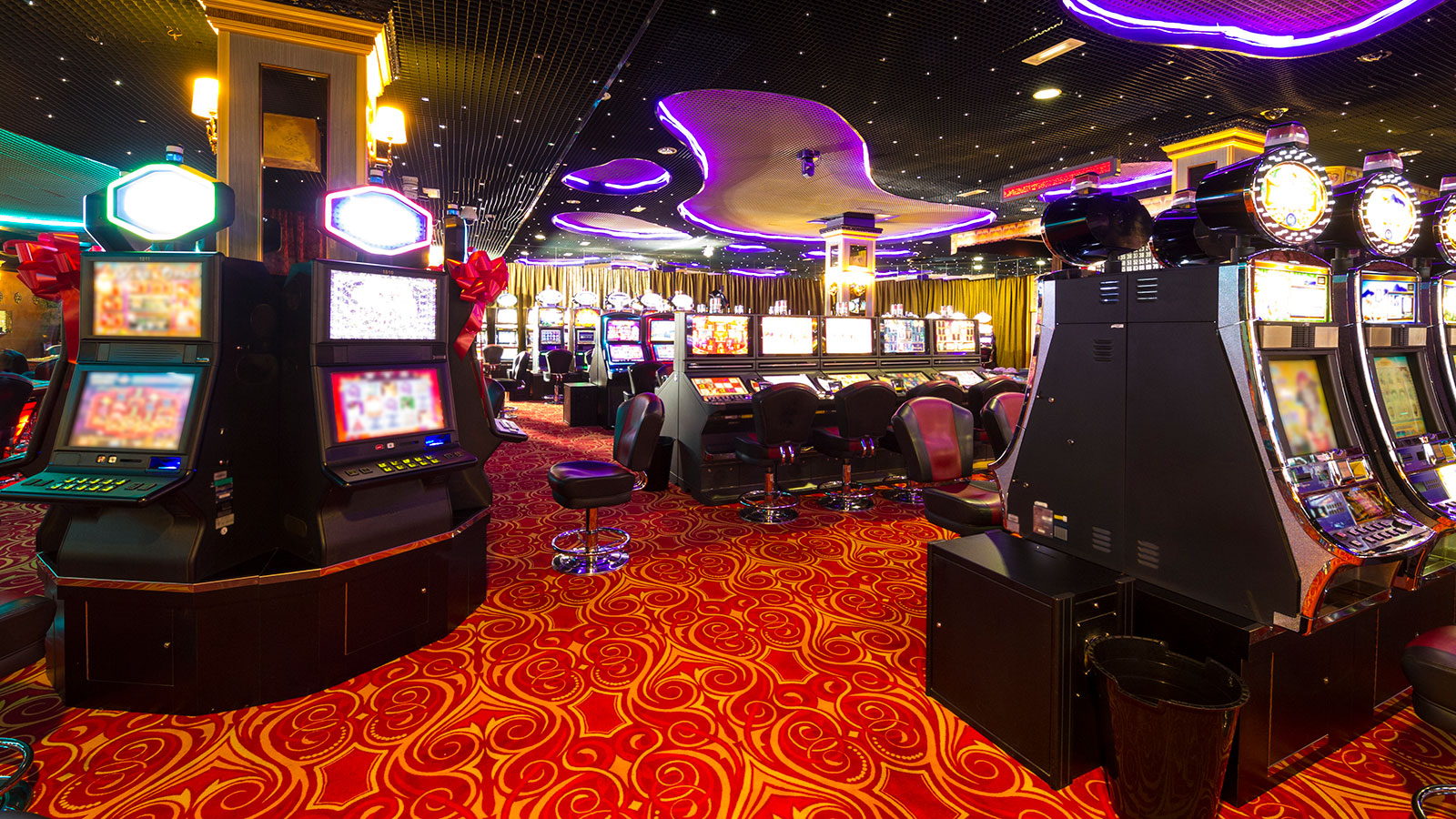
Gambling games have long been a staple in human culture, providing not just entertainment but a fascinating reflection of our hopes, ambitions, and fears. From the rotating wheels of a slot machine to the strategic gameplay of poker, these games embody a spectrum of human feelings and events. Tải App 78WIN At their core, casino games are more than a chance to make profits; they are a reflection of life itself, where danger and gain merge and luck can change in an instant.
As players gather around tables or sit in front of brightly lit machines, they take part in a ritual that transcends mere betting. These games echo our instinctive desires for connection, adventure, and the search for fortune. They also unveil deeper truths about human psychology, such as our relationship with fate and the excitement of uncertainty. In exploring casino games, we discover not only the rules of play but also the intricate pattern of the human experience, showcasing our intertwining narratives of goal and reality.
The Mind Behind Gambling
Gambling is deeply rooted in the psyche of individuals, tapping into various emotions and desires. The excitement of taking risks is a core aspect that draws players in, be it it’s excitement of spinning a roulette or the anticipation of drawing a winning card in a poker game. This rush of adrenaline is frequently likened to other forms of excitement, as the unpredictability of outcomes triggers a unique psychological response. Gamblers often find themselves captivated by the possibility of winning big, leading to an irresistible draw toward gambling games.
Another, an essential component of the psychology behind gambling is the concept of hope and aspiration. Players often indulge in fantasies of financial freedom and the opulent lifestyle that can follow winning. https://78winnh.net/ This hope fuels their continued participation in casino games, as it provides a sense of meaning and the belief that a transformative win could be just one bet away. The narrative of beating the odds and achieving success resonates with many, strengthening their commitment to play and involve themselves with these games.
Finally, social aspects play a significant role in gambling psychology. Gambling venues are designed to foster social interaction, where players gather to share the experience of wins and losses. This shared aspect not only amplifies enjoyment but also influences behavior, as individuals often mimic the actions of others in their vicinity. The collective approval found in shared excitement can magnify the emotional experience, making casino games a mirror of not just personal desires but also shared involvement within the gambling community.
## The Dual Nature of Risk and Reward
Casino games embody the fragile balance between danger and gain that resonates profoundly with human psychology. The rush of placing a wager is often accompanied by a jolt of energy, as participants are confronted with the chance of striking it rich, yet fully aware of the possibility to suffer losses. This twofold experience reflects a fundamental aspect of life: the choices we make often come with built-in risks, and the pursuit of reward can push us to embrace risks we might not typically consider. In this way, gambling activities mirror real-world decisions, enticing players to gamble not just their money, but also their dreams.
The allure of grand jackpots and winnings fuels a feeling of positivity, motivating players to dream of a better future that could emerge from a lucky spin of the roulette or turn of a card. This hope can drive individuals to engage in greater risks, pushing them to push their boundaries in search of financial gain. However, just as in life, the results of these risks can lead to both triumph and loss. The narratives of both big winners and those who have faced losses everything at the tables demonstrate the unpredictable nature of chance and its consequential impact on our futures.
Ultimately, the interaction of engaging with gambling activities serves as a potent reminder of the nature of humanity. Every game played is loaded with the tension of ambiguity, as gamblers weigh the gains against the risks. This dynamic not only highlights the excitement that comes with betting but also reveals the weaknesses that come with the urge for more. As we journey through the challenges of decision-making and consequence in both the casino and in life, we find that the quest for gain shapes our sense of self and journeys in significant manners.
Society and Isolation in Casino Culture
Gambling culture is a unique combination of communal engagement and personal endeavor, reflecting the contrasts of individual experience. Players often come together around tables, experiencing in the excitement of the action, rejoicing in wins, and sympathizing over losses. This communal aspect is vital, as it creates a sense of belonging and bonding among diverse groups of people. Regular visitors to casinos may form friendships and establish routines, turning the gambling venue into a second home where they feel linked to a larger community of gamblers.
However, the allure of casino games can also result to isolation. As individuals become engrossed in the excitement of gambling, they may isolate from personal relationships or fail to interact with the environment outside the gaming space. For some, the pursuit of a windfall can overshadow real connections, leading to isolation. The experience of being among others yet feeling solitary is not uncommon, as the attention shifts from shared enjoyment to the private concerns of each individual’s journey.
This interaction of society and solitude creates a rich tapestry that defines gaming atmosphere. It highlights the complexity of human interactions, where joy and sorrow exist together. Gambling venues serve as both a refuge for social engagement and a platform for individual challenges, demonstrating how intimately connected our yearning for connection and the individual quest for wealth can be. In navigating this landscape, gamblers confront their own narratives—seeking both the thrill of the wager and the companionship of other gamblers, ultimately reflecting the wider spectrum of human experience.
